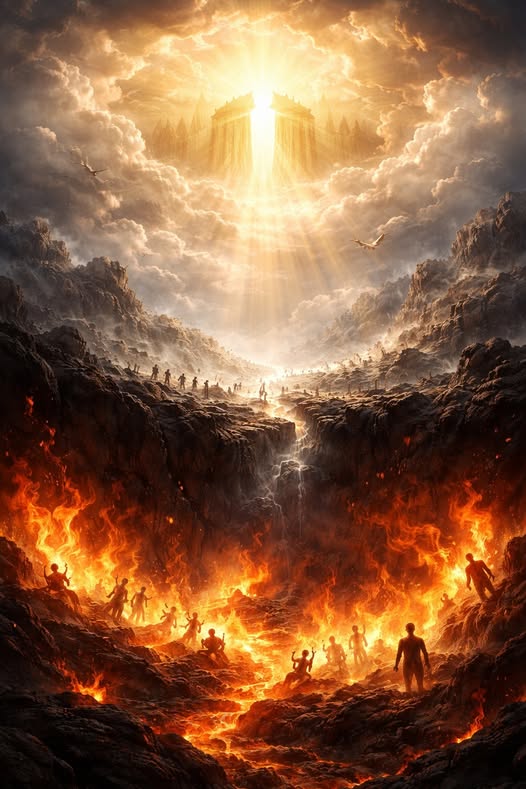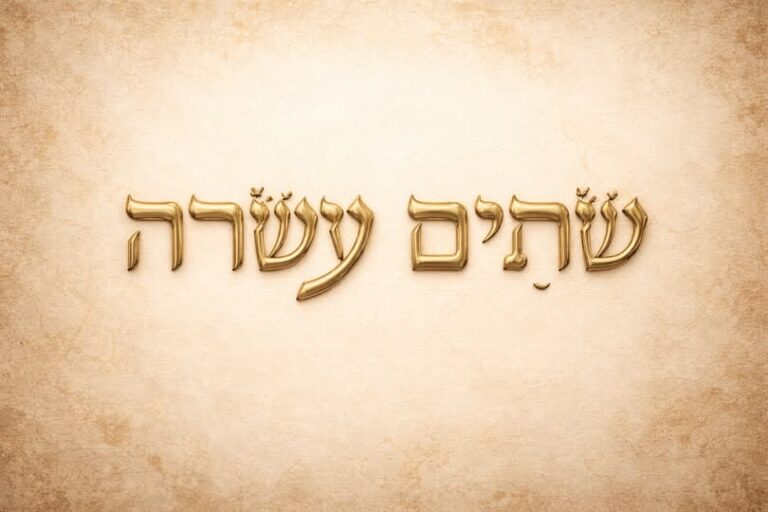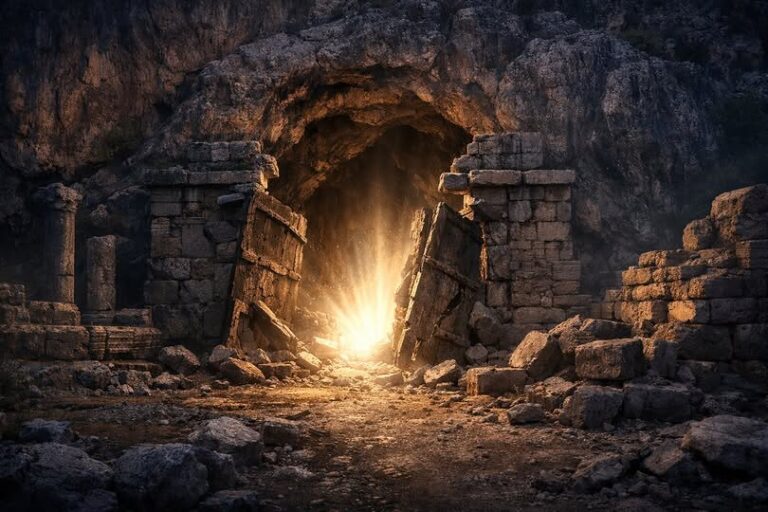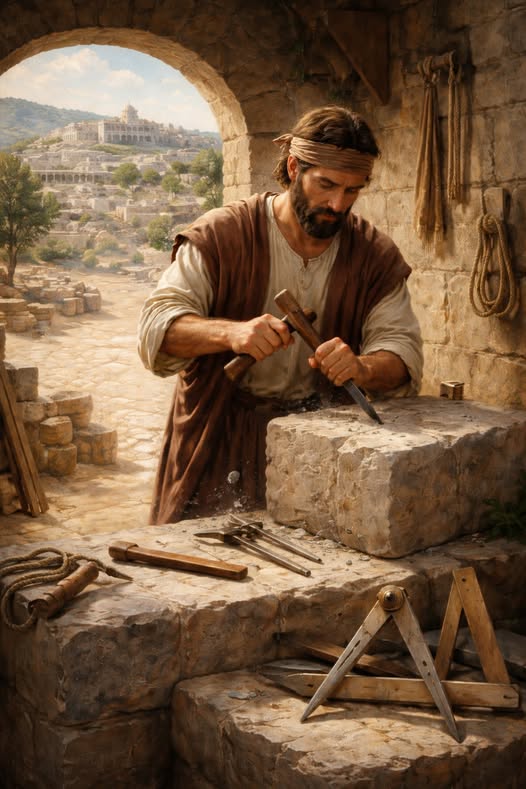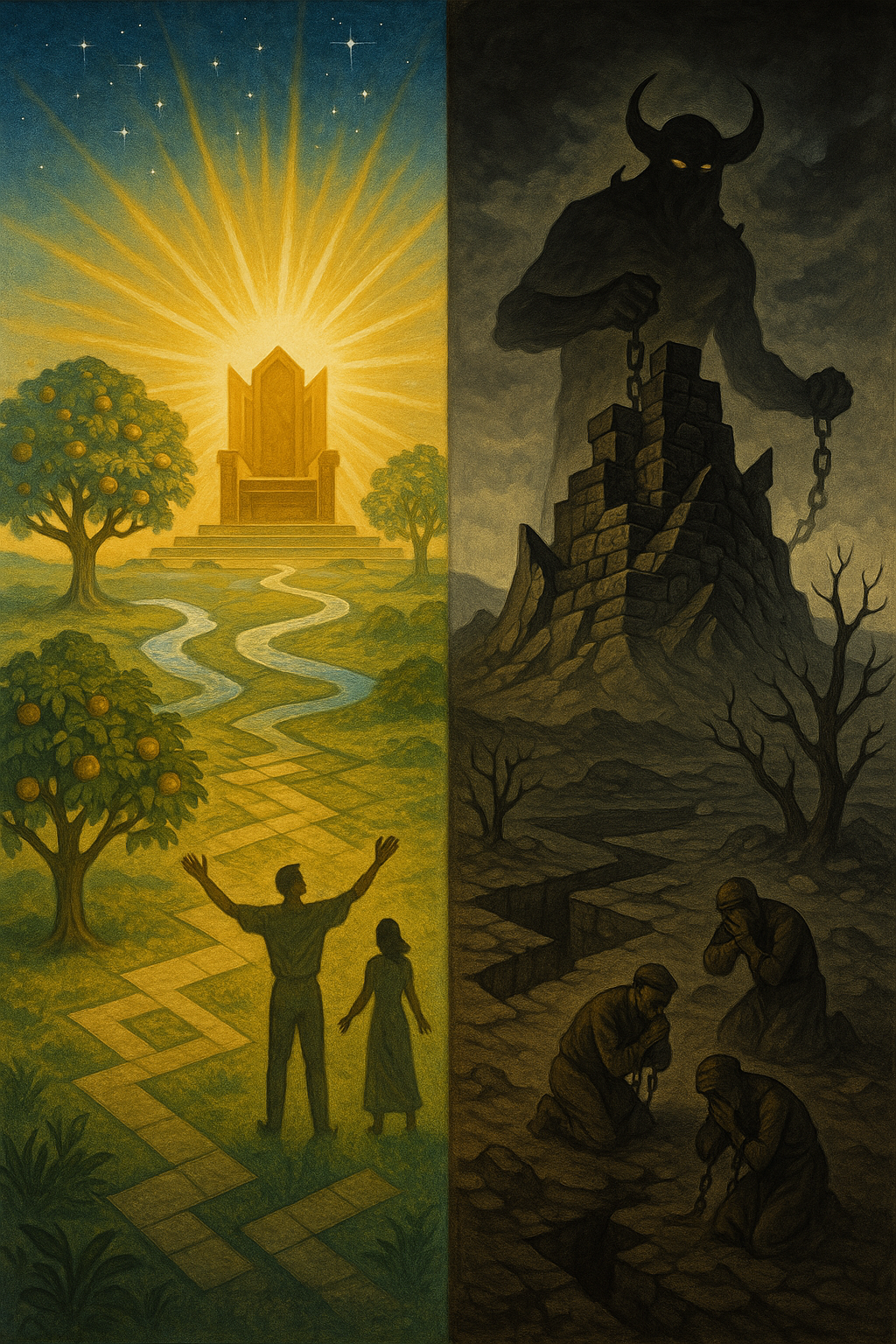
When comparing Yahweh to the gods of the nations, the real difference is not just in how many gods are worshipped. The deeper contrast is in how Yahweh governs versus how the gods of the nations dominate. A powerful theological distinction emerges when we frame the contrast as order versus dominion. This framework not only clarifies the biblical picture of God, it also exposes the counterfeit authority claimed by pagan gods and spiritual powers.
Yahweh Brings Order, Not Oppression
From the opening lines of Genesis, Yahweh is revealed as the one who brings order out of chaos. The earth is described as tohu va-bohu—formless and void. Yahweh speaks, separates, and structures the world into a functioning cosmos. Light is separated from darkness. Waters are given boundaries. Time is organized into days and seasons. Life is called forth to fill the skies, seas, and land.
This act of ordering creation is not about domination. It is about harmony, purpose, and flourishing. Yahweh does not need humans for labor or food. He creates them in His image and entrusts them with stewardship, not servitude.
The climax of creation is rest. In the ancient Near East, rest did not mean inactivity. It meant that a god had taken up residence in his temple and was now reigning over the cosmos. Rest meant that the ordered system was functioning as it should under divine rule. Genesis shows Yahweh doing exactly that. He rests because creation is now operating properly, and He begins His reign from within His cosmic temple. This is not a withdrawal from the world, but the moment He takes the throne.
Order That Risks Freedom: Yahweh and Free Will
Unlike the gods of the nations, Yahweh does not enforce order through control. He grants His imagers, both human and divine, genuine freedom, even when that freedom may threaten the order He established. This is a critical distinction. Yahweh’s order includes moral agency. He trusts His creation enough to let it choose. He allows rebellion, not because He is powerless, but because He is just and relational.
Even after Adam and Eve misuse their freedom and bring disorder into the world, Yahweh does not abandon His creation. Instead, He begins a rescue mission that will restore order without removing freedom. The same is true with the rebellious sons of God who distort their assigned roles. He permits their choices but will hold them accountable.
The gods of the nations, by contrast, fear freedom. They create humans to serve, to obey, and to bring tribute. Their order is built on forced compliance, and rebellion is punished without mercy or restoration. Yahweh’s order is different. It is durable enough to include freedom and gracious enough to offer redemption.
The Gods of the Nations: Dominion Through Chaos
In the surrounding ancient worldview, the gods are not creators of peace. They are power-hungry beings who assert dominion through fear, chaos, and manipulation. Baal, for example, conquers the sea god Yam and seizes the throne through violence. In the Enuma Elish, Marduk slays Tiamat and uses her corpse to build the world. Humanity is not made in the image of these gods but to relieve the gods of labor and provide them with offerings.
These gods need sacrifices, fear rival deities, and struggle to maintain their position. Their rule is unstable and based on fear, not love. Their authority must be reasserted constantly through demonstrations of strength. Where Yahweh brings peace through structure, the gods of the nations maintain power through disorder. Their dominion is rooted in chaos, not righteousness.
Biblical Polemic: Yahweh Versus the Corrupt Powers
The Bible deliberately challenges these false powers. Yahweh is not a god of the storm. He is the one who speaks over the storm. In Psalm 29, His voice breaks the cedars and strips the forest bare. His authority is not derived from nature. It commands nature.
In Psalm 82, Yahweh stands in judgment over the corrupt spiritual rulers of the nations. These sons of God have failed to uphold justice, and He declares that they will die like men. They were given roles of governance but used them for oppression. Deuteronomy 32 states that the nations were divided according to the number of the sons of God, but Yahweh claimed Israel for Himself. While the other gods sought dominion, Yahweh chose a people for covenant relationship.
Isaiah 45 affirms that Yahweh did not create the earth in vain but formed it to be inhabited. He is not a destroyer. He is a sustainer. His rule does not depend on tribute or violence but on truth and righteousness.
Christ: The Revelation of True Kingship
The clearest expression of Yahweh’s rule is found in Christ. His kingdom is not established by force but by sacrifice. He does not dominate. He restores. His miracles bring order where chaos reigned—healing the sick, calming storms, casting out demons.
Where false gods take, Christ gives. Where they rule by fear, Christ leads in grace. Where they demand dominion, He offers restoration. He does not eliminate freedom. He redeems it. Christ is the perfect image of Yahweh’s kingship, ruling in justice, humility, and power.
Conclusion
In every age, the temptation toward dominion remains strong. Political systems, spiritual ideologies, and even religious institutions often mimic the tactics of the gods of the nations—coercion, control, and fear. But Yahweh’s way is different. He brings order without compulsion. He gives freedom even when it risks rebellion. He restores rather than destroys.
His goal is not domination but partnership. He entrusts His imagers with real responsibility, and He holds corrupt powers accountable. His kingdom is built not on fear, but on faithfulness. Not on chaos, but on shalom. To follow Yahweh is to reject tyranny and embrace the order that comes from righteousness, mercy, and truth.
Discussion Questions
- How does the creation account in Genesis contrast with violent creation myths from the ancient Near East?
- What does the biblical concept of rest reveal about Yahweh’s relationship to creation?
- Why is Yahweh’s decision to grant free will significant in understanding divine order?
- How does Christ’s kingship reveal the difference between righteous rule and false dominion?
- In what ways do modern powers imitate the dominion of the gods of the nations?
Want to Know More?
- Michael S. Heiser, The Unseen Realm — A scholarly yet accessible exploration of the divine council, spiritual beings, and biblical worldview. Godawa.com
- John H. Walton, The Lost World of Genesis One — A foundational work placing Genesis in its ANE context.
- Tremper Longman III, Confronting Old Testament Controversies — A thoughtful overview of ancient cosmology and modern debate.
- Gregory K. Beale, The Temple and the Church’s Mission — Explores temple imagery and cosmic authority in Scripture.
- Brian Godawa, The Spiritual World of Moses and Egypt — Research behind Moses: Against the Gods of Egypt, with emphasis on spiritual warfare and the Exodus gods.

